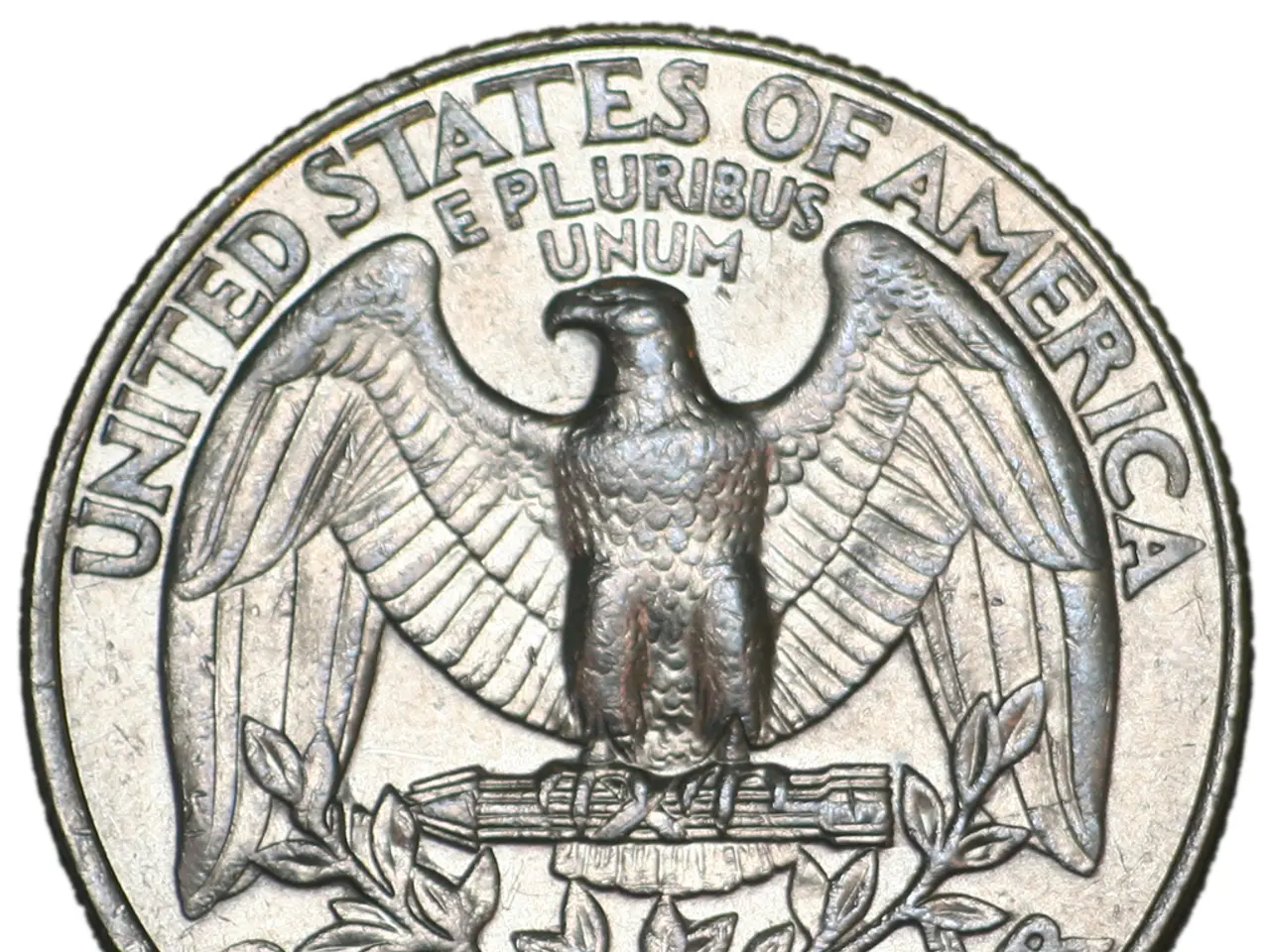Title: President Trump Grants Clemency to Silk Road Creator Ross Ulbricht
In 2015, Austin resident Ross Ulbricht, a 31-year-old yoga enthusiast with a passion for libertarianism, found himself in hot water. Known as "Dread Pirate Roberts" in online circles, Ulbricht was convicted of operating Silk Road, an illicit drug marketplace on the dark web. This digital platform facilitated transactions for narcotics, as well as other illicit goods, using cryptocurrencies like Bitcoin.
The trial, which resulted in Ulbricht's conviction on seven counts, saw the prosecutors portraying him as a brutal crime lord. They accused him of facilitating murder for hire and perpetrating other heinous crimes to safeguard his burgeoning digital empire. Charges included money laundering, drug trafficking, and computer hacking.
However, the case raised eyebrows amongst many. The-then illegal drug trade on Silk Road didn't appear as violent as traditional illicit drug markets. The platform's safety features, such as a rating system, an active online community forum, and a lack of face-to-face transactions, actually made it a safer space for dealers and customers alike.
Over time, the controversy surrounding Ulbricht's trial started to feel less like justice, especially as societal attitudes towards drugs evolved. The Drug War took a backseat, and legality of certain drugs expanded. Marijuana was decriminalized in numerous parts of the country, hallucinogens were used for therapeutic purposes, and some communities even experimented with laissez-faire drug policies.
Despite Ulbricht's incarceration, the digital drug trade persisted. If anything, it became easier than ever to purchase illegal substances online. This further fueled debates about the effectiveness and ethical implications of the government's efforts to combat the digital black market.
These debates gained momentum when Donald Trump promised to pardon Ulbricht during his presidential campaign. true to his word, on his first full day in office, Trump granted a full and unconditional pardon to Ulbricht.
The news was met with mixed reactions, with some lauding Trump for upholding his promise and others criticizing him for supporting a criminal enterprise. Despite having his sentence commuted, Ulbricht lost his fortune, as the U.S. government auctioned off his Bitcoins years earlier, selling them for a paltry $334 apiece.
Regardless of the broader implications, Ross Ulbricht's story serves as a reminder of the complex interplay between individual freedom, government regulation, and the ever-evolving digital landscape.
The future of online marketplaces became a topic of interest after Ulbricht's pardon, with some advocating for tech-driven solutions that prioritize safety and user protection. In the realm of tech and technology, Ulbricht's trial sparked discussions about the potential of decentralized platforms and their impact on illicit activities.









